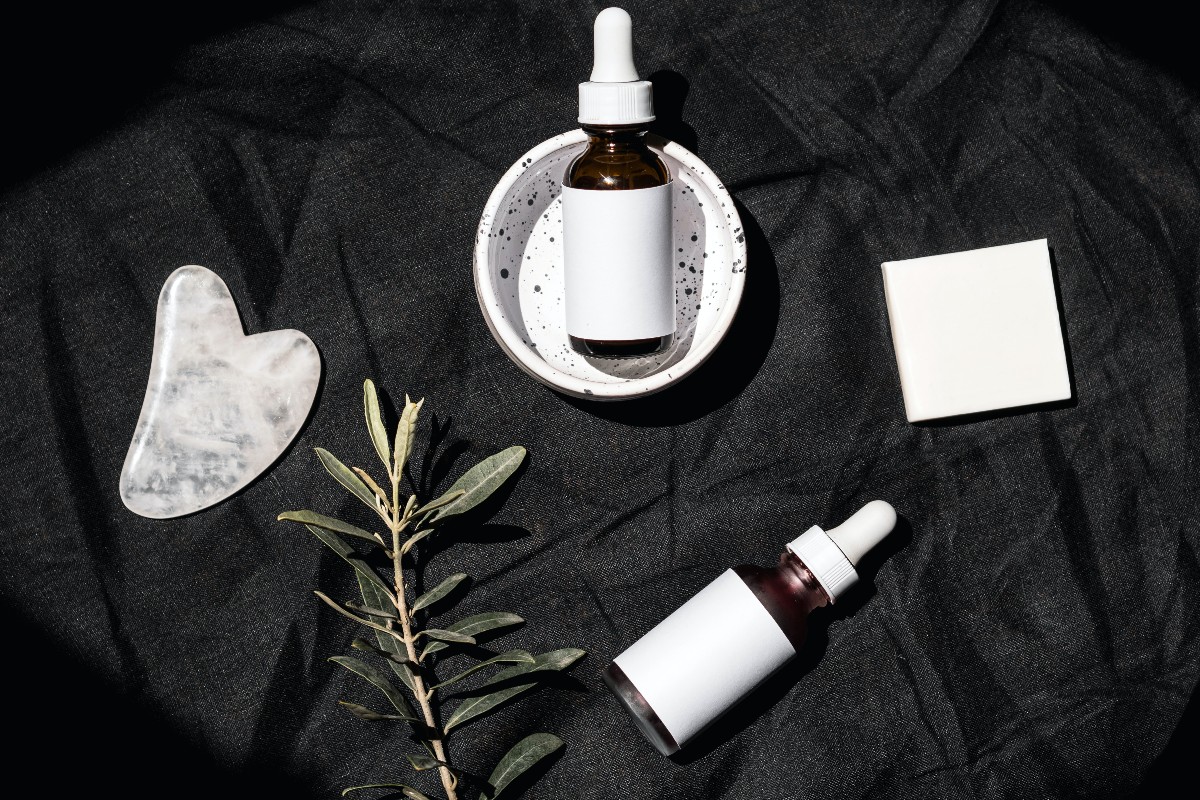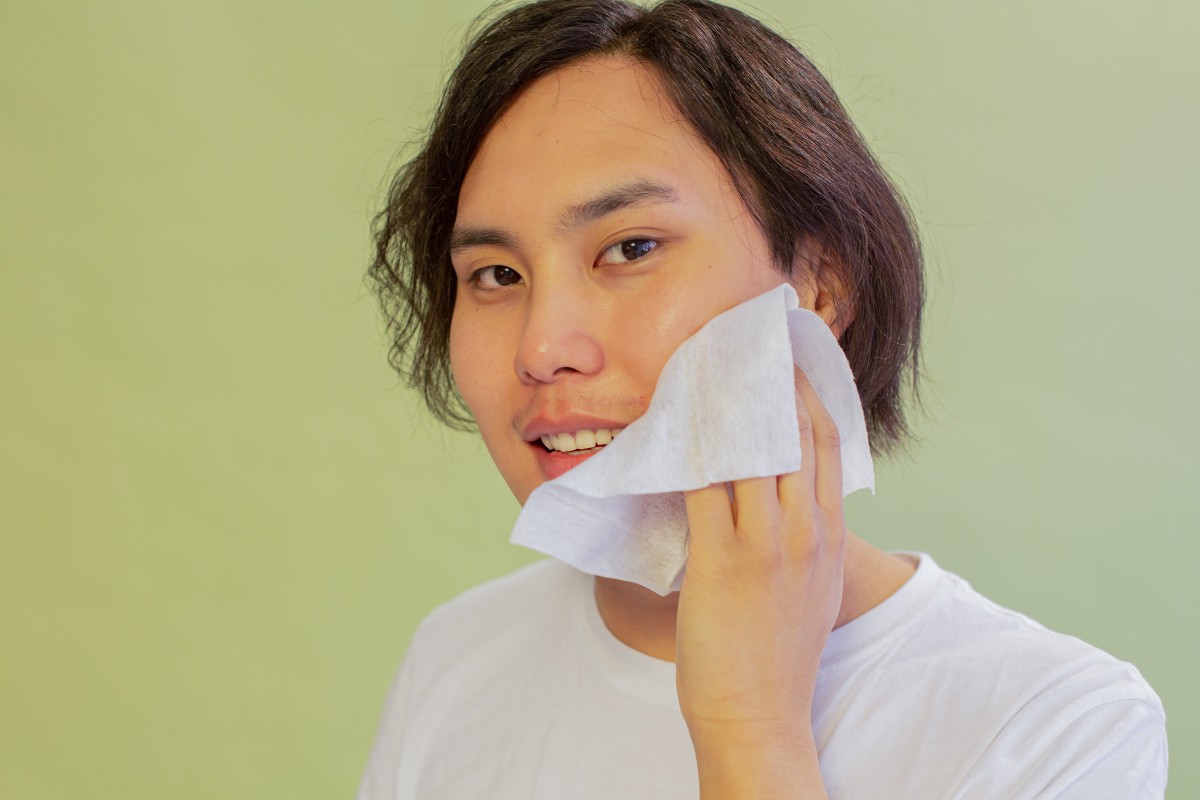Sometimes, reading an ingredients label on a skincare product can feel like studying for a chemistry test. Beauty marketers and influencers love raving about buzzwords like retinol and hyaluronic acid, peptides, vitamins, and antioxidants. They promise to do everything and anything, including preventing wrinkles, hydrating the skin, and nixing acne.
It may feel like you need a dictionary to pronounce some of these terms and discern whether or not they work. Though beauty can feel like the Wild West, particularly thanks to social media, scientists have done the research to separate fact from fiction regarding skincare ingredients. Consider this your glossary and guide.

A quick disclaimer about skincare ingredients
As we’ll discuss, some skincare ingredients, like hyaluronic acid, are low-risk and have science-backed benefits. However, no ingredient or product is a miracle worker. You can delay aging but not put it off completely.
Some skin conditions, like acne and rosacea, may require care and prescription-strength products from a dermatologist. You should always speak with your provider before introducing a new product if you’re concerned about how it may interact with any topical or oral medications you’re taking.
Still, a basic understanding of popular skincare ingredients — how they work and what the research says about their purported benefits — can help you decide what products work best for you.

Skincare ingredient glossary
These common skincare ingredients are in products everywhere. Here’s what they are and what scientists say about them
Hyaluronic acid
Hyaluronic acid is a clear substance the body produces naturally. Its primary function is to retain moisture, which can help keep the skin looking plump and reduce lines and wrinkles. As we age, our bodies produce less hyaluronic acid, which can cause increased dryness and wrinkles. Research and the American Academy of Dermatology Association (AAD) say it can help moisturize the skin, especially during winter months when cool air and dry heat do a number on us. Hyaluronic acid comes in oral, topical, and injectable forms, and research supports each method’s use for anti-aging benefits. It’s low-risk, though people with sensitive skin should test it on a small part of their body for a few days.
Retinol
Retinol is a derivative of vitamin A commonly recommended for treating acne and aging. You can usually find them over the counter. Stronger retinoids typically require a prescription. Researchers say retinol is an effective treatment for acne and aging. Though effective, these products often cause greater skin sensitivity, burning, and dryness. It’s key to moisturize and use SPF as part of any routine, particularly one that includes retinol.
Peptides
Like hyaluronic acid, peptides, also known as polypeptides, occur naturally in the skin. Collagen is comprised of three peptide chains. It’s believed that using products containing peptides will stimulate collagen production and reduce signs of aging. This purported benefit is especially attractive as we get older and our skin stops producing as much collagen. Does it work, though? It’s not clear at this time, but new research is promising. A 2021 review found that peptides in cosmeceutical products could reduce fine lines and wrinkles, but more research is needed to really verify the results.
Vitamin C
You’ve probably heard about the importance of consuming Vitamin C for immune health. However, it’s a trendy ingredient to put in skincare products too. It turns out that this ingredient may have its place in topical products like serums. A 2008 clinical study showed that a formulation of vitamins C and E, stabilized by ferulic acid, could provide protection from sun damage. A more recent study from 2017 showed that using a Vitamin C formulation for three months could reduce fine lines and wrinkles.
Vitamin E
Vitamin E is another vitamin with potential skincare benefits when applied topically. Scientists paired it with vitamin C and ferulic acid in the aforementioned study to protect against sun damage. However, a 2016 review said there was a lack of definitive and quality research on the use of Vitamin E in dermatology. That said, it’s generally safe to try and has no contraindications.
Alpha-hydroxy acids (AHAs)
Lactic, glycolic, citric, and malic acids fall under the AHA umbrella and promise to smooth the skin and even out its tone. They’re water soluble and come from plants. Research says that AHAs in low concentrations can be beneficial to skin health. At high concentrations, they can cause irritation and burning.
Skincare brands claim ingredients can do everything from keeping your skin soft to banishing acne and wrinkles. Though there’s some science to support these claims, it’s important to remember that there’s no “cure” for many conditions and facts of life, including aging. To ensure an ingredient or product is right for you, especially if you have sensitive skin, conduct a patch test first by applying a new product to a small area of the skin for several days. If no irritation is present, continue use. Discontinue use if you experience any irritation. A dermatologist can help you find the best products for your skin type and condition. Always consult with one before adding a new product to your regimen if you are on prescription medication or topical agents. They may negatively interact with one another.



